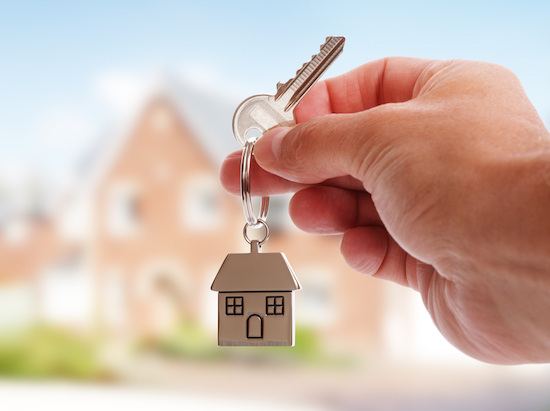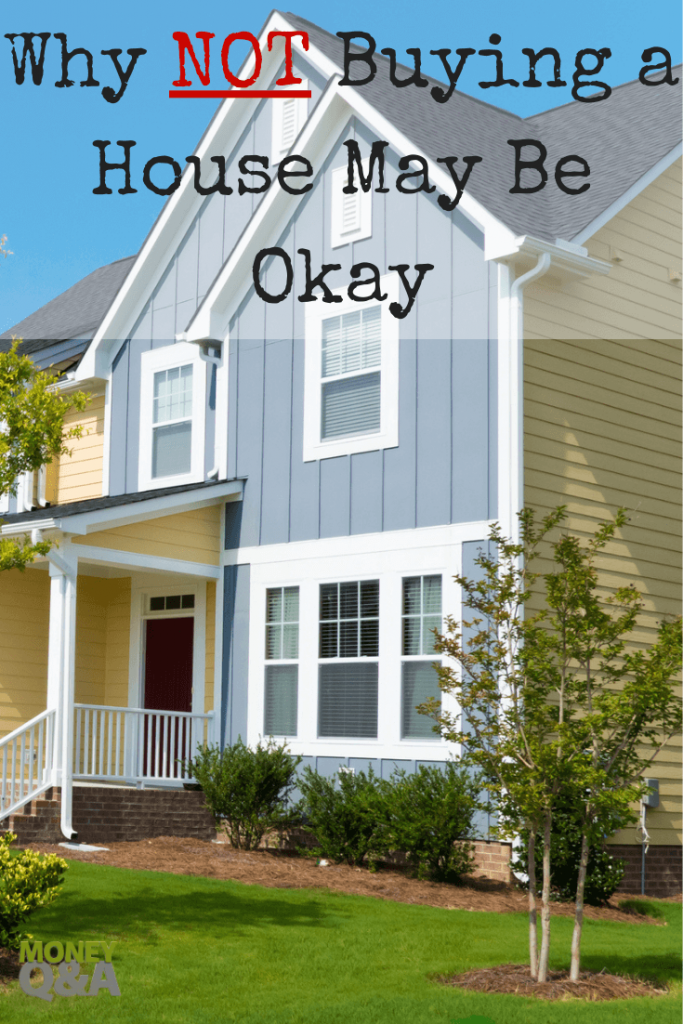
As you’ve probably noticed, the housing market has experienced unprecedented sales opportunities over the past several months. It’s gotten to the point where many would-be buyers cannot keep up with the frenetic pace of bidding wars that often lead to homes selling for 10-30% or more over the asking price. But is it ever right to never buying a home?
The hot market is likely the culmination of several factors, including ultra-low interest rates, higher-income workers saving a lot more money over the pandemic by staying home most of the time, and a significant shift in consumer lifestyle preferences from chic urban apartments to bigger homes in the less-populous suburbs.
Why Never Buying a Home May Be Okay
If you had considered buying a home soon, but the current market is persuading you to wait until things cool down, have you considered other alternatives, such as never buying a home? Sure, this goes against a lot of what we’ve been told from an early age – specifically, how buying a home is a critical life step that will secure you financially in the long run. But owning your primary residence is no longer the lucrative option it once was.
To determine whether home-buying is still a good option for your financial situation and lifestyle, let’s consider some of the pros and cons of not buying your own home.
Pro: Allocate Money to Actual Investments
Ownership of your primary residence is not exactly an investment, given that people generally invest money to generate income. Unless you use Airbnb extensively, the chances are that you will be putting more money into your residence than you’ll get out of it. Sure, it will appreciate over time. However, you’re still pouring a ton of money into it via mortgage payments, property taxes, repairs, renovations, and other upgrades along the way.
If you never buy a home (that you will live in, anyway), then you could save the money you would’ve put towards a down payment for other, more liquid investments like stocks, bonds, and mutual funds instead. You could even buy property for the sole purpose of renting it out to others (thereby creating a passive income stream for yourself) and make a profit as a landlord in ways you never would’ve been able to as the primary/exclusive resident of that property.
Con: No Equity
If you don’t end up buying any property (whether it be your primary residence or an investment property), then this means you’ll miss out on valuable opportunities to build equity over time. For those who move around a lot, this may not be such a big deal because the significant equity growth in a property doesn’t begin until 5-10 years into the mortgage (after you’ve paid off a good chunk of interest on your loan).
Nevertheless, it is certainly difficult to decide whether you’re better off buying your own home or paying rent to someone else forever, and this concern should factor into your ultimate decision about buying a home or not.
Pro: Avoid Costly Repairs and Property Taxes
In most states, landlords are responsible for covering the costs of home repairs, maintenance, and property taxes. These expenses are typically factored into your monthly rent. Still, for an older home prone to costly problems like plumbing or electrical issues, it can be advantageous to be the tenant requesting the repairs instead of the landlord footing the bills.
Con: Future Housing Market Uncertainty
Recent research from the Federal Reserve concluded that rent inflation would be a persistent problem through 2023 and likely beyond. This will undoubtedly be an issue for older or disabled tenants paying rent while living on fixed incomes, and rent inflation isn’t likely to go away in the future, either.
This means you may find yourself struggling to afford rent in the future while you could’ve bought a home and paid it off within 20-30 years, leaving you with no mortgage payment and only property taxes and repair expenses once you’re retired and living on a fixed income.
Pro: Location Flexibility
Buying a home is rarely worth it if you don’t plan to be there for at least 6-10 years. Early in a mortgage loan, a huge chunk of your monthly payment goes towards mortgage interest, so the genuine equity-building opportunities don’t begin until a few years after you bought the property.
If you move around a lot for work, family, or other reasons, then renting indefinitely may be preferable to sinking thousands of dollars into a home you’ll end up selling in less than five years.
The future has never been certain, and there’s no objective answer to the question of whether you should buy a home. However, this much is reasonably certain: your primary residence is rarely considered an investment (not until the mortgage is paid off and/or you generate income while living on the property).
With this in mind, if you’re struggling with other debts and/or are unable to afford the down payment and closing costs on your dream home, then investing your money in rental properties and other investment vehicles may be preferable to owning your primary residence in the long-run.


Given my current circumstances I am heavily in favour of renting, as I really want location flexibility and to have more money invested in stocks & crypto to produce income. I feel I will need to own my own home prior to children though as I wouldn’t sleep at night knowing you could have 4 weeks notice.